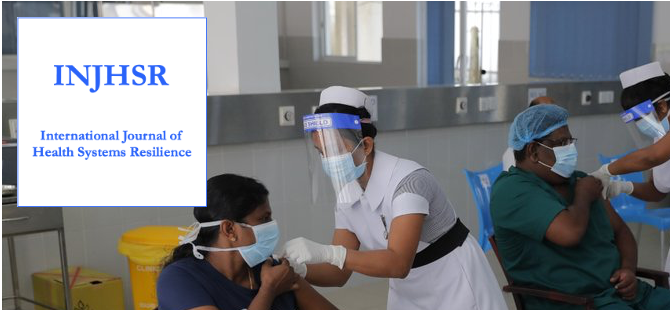
Nida Ali
https://orcid.org/0000-0002-7712-7937
Abstract
Nigeria, as one of the most densely populated regions in Africa and the world, is a state with multiple religions, large young population, and socio-political conservatism. While constitutionally Nigeria is divided into 36 decentralized States, the Federal Government of Nigeria (FGON) exercised efforts aimed at addressing the high level of maternal and child morbidity and mortality rates. Despite such efforts, the poor quality of health of Nigerians persists due to poor health care infrastructure, inadequate human resources for health, and the inadequate availability of contraceptives and other life-saving maternal/reproductive health (RH) commodities. As such, this paper seeks to assess the modes and means of family planning and contraception, through various factors which influence, such as the demand for family planning, the legal framework surrounding abortion, and the significance of culture and religion in Nigeria.
Key Words: Nigeria, Family Planning, Abortion, Reproductive Health, Abortion laws.
